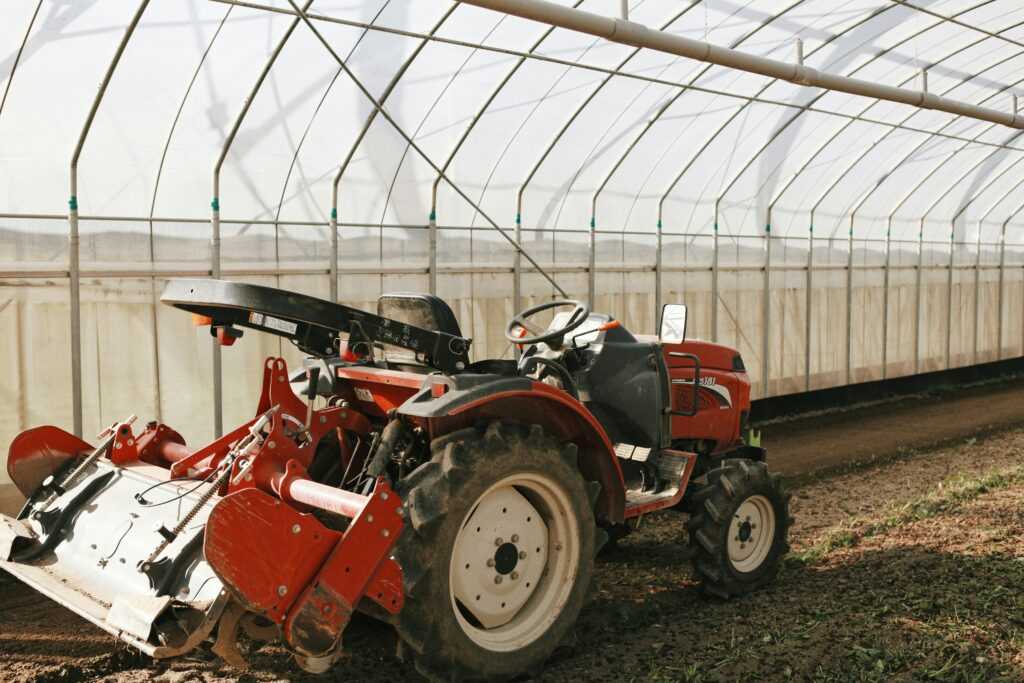Future of Work Trends
The landscape of work is rapidly evolving, driven by technological advancements, changing demographics, and shifting societal norms. In this section, we will discuss four workplace trends that are shaping the future of work according to recent lectures.
Trends Discussed in the Lecture
Remote Work Revolution Gig Economy Growth Emphasis on Diversity and Inclusion Rise of AI and Automation
The following trends highlight the transformative nature of the modern workplace and offer insights into what we can expect in the years to come.
Remote Work Revolution
The Remote Work Revolution is no longer a distant possibility but a present reality. With the advancement of technology and the challenges posed by the global pandemic, remote work has become a mainstream practice for many organizations. Companies are embracing virtual collaboration tools, flexible work arrangements, and asynchronous communication to enable their employees to work from anywhere. This trend has not only reshaped traditional office dynamics but also opened up opportunities for a more diverse and inclusive workforce.
Gig Economy Growth
The Gig Economy Growth refers to the increasing prevalence of freelance, contract, and temporary work arrangements in today’s job market. With the rise of digital platforms connecting independent workers with businesses in need of specific services, the gig economy offers flexibility and autonomy to both employers and workers. This trend has disrupted traditional employment models, leading to a more agile and responsive labor market. However, it also raises questions about job security, benefits, and the future of work regulations.
Emphasis on Diversity and Inclusion
The Emphasis on Diversity and Inclusion has gained momentum as organizations recognize the value of a diverse workforce in driving innovation and fostering creativity. Companies are prioritizing initiatives to promote equity, representation, and belonging in the workplace. By embracing diversity and inclusion, organizations can not only attract top talent but also create a more engaged and productive work environment. This trend reflects a broader commitment to social responsibility and ethical leadership in the corporate world.
Rise of AI and Automation
The Rise of AI and Automation is transforming the nature of work by augmenting human capabilities and streamlining repetitive tasks. Artificial intelligence, machine learning, and robotic process automation are being integrated into various industries, from healthcare to finance to manufacturing. While these technologies offer efficiency and productivity gains, they also raise concerns about job displacement and the need for upskilling and reskilling the workforce. As AI and automation continue to advance, it is essential for organizations to find a balance between technological innovation and humancentered work practices.
In conclusion, the future of work is marked by dynamic shifts that require adaptability, creativity, and a forwardthinking mindset. By staying attuned to these workplace trends and embracing change, both individuals and organizations can navigate the complexities of the modern work environment and thrive in an everevolving economy.

 Holly Keenstier is a crucial helper at The Code Crafters Hub, where her contributions significantly enhance the platform's capabilities. Keenstier's background in software development and her meticulous approach to project tasks have made her an integral part of the team. Her role involves various responsibilities, from aiding in technical troubleshooting to supporting content development, all of which are essential to maintaining the hub’s high-quality standards.
Keenstier’s dedication to The Code Crafters Hub is evident in her commitment to delivering relevant and insightful content. Her efforts help ensure that the platform remains a leading resource for the latest advancements in web development, game development, IoT, and cybersecurity. Based in Warren, MI, Keenstier’s work is instrumental in keeping the hub’s offerings dynamic and up-to-date.
Holly Keenstier is a crucial helper at The Code Crafters Hub, where her contributions significantly enhance the platform's capabilities. Keenstier's background in software development and her meticulous approach to project tasks have made her an integral part of the team. Her role involves various responsibilities, from aiding in technical troubleshooting to supporting content development, all of which are essential to maintaining the hub’s high-quality standards.
Keenstier’s dedication to The Code Crafters Hub is evident in her commitment to delivering relevant and insightful content. Her efforts help ensure that the platform remains a leading resource for the latest advancements in web development, game development, IoT, and cybersecurity. Based in Warren, MI, Keenstier’s work is instrumental in keeping the hub’s offerings dynamic and up-to-date.
